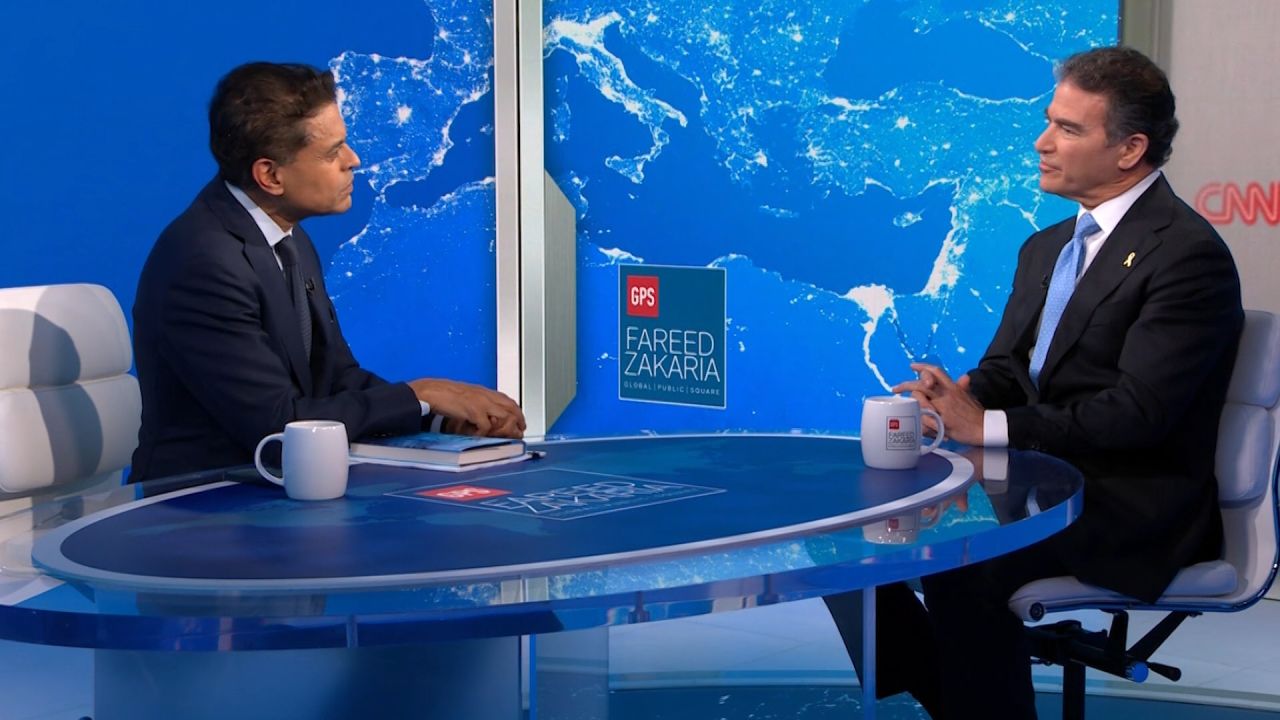URGENT UPDATE: In a revealing discussion, former Mossad Director Yossi Cohen addressed the precarious future of the Iranian regime during an interview with Fareed Zakaria on July 15, 2023. Cohen’s insights underscore the intensifying scrutiny on Iran as regional tensions continue to rise.
Cohen stated that while the Iranian government has demonstrated resilience, its long-term survival is questionable. “The regime is under significant pressure from both internal and external forces,” he emphasized. This statement comes as protests and dissatisfaction among the Iranian populace grow, fueled by economic hardships and political repression.
The interview, aired on CNN’s GPS, also highlighted the critical role of international dynamics in shaping Iran’s future. Cohen pointed to the ongoing nuclear negotiations and the implications of a potential deal, asserting, “If the West softens its stance, it may embolden the regime, but if pressure continues, the regime could falter.”
This discussion is particularly relevant amid reports of escalating tensions in the region. Just hours ago, protests erupted in Tehran as demonstrators called for government accountability and reform. Authorities estimate that over 10,000 participants took to the streets, signaling a growing discontent that could threaten the regime’s stability.
Cohen’s remarks resonate deeply within the context of Israel’s national security strategy, as the Israeli government closely monitors Iran’s activities. The former Mossad chief warned that “a collapse of the regime could lead to chaos, not only in Iran but across the Middle East.” This potential outcome raises alarms for neighboring countries and global powers alike.
As developments unfold, analysts emphasize the importance of international responses to Iran’s internal strife. The Biden administration is reportedly evaluating its approach to the Iranian situation in light of these recent events. Observers suggest that a firm stance may be necessary to prevent further regional destabilization.
The implications of Cohen’s insights extend beyond politics; they touch on the lives of millions affected by the Iranian regime’s policies. Families suffer under economic sanctions, while the youth express frustration over limited freedoms. The emotional weight of these realities could fuel further unrest, making the situation increasingly volatile.
In the coming days, all eyes will remain on Tehran as the regime grapples with protests and international scrutiny. The outcome of these developments could reshape not only Iran’s future but that of the entire region.
Stay tuned for more updates as the situation develops. This is a critical moment, and the world is watching closely.
